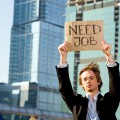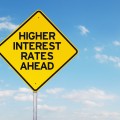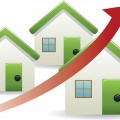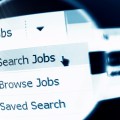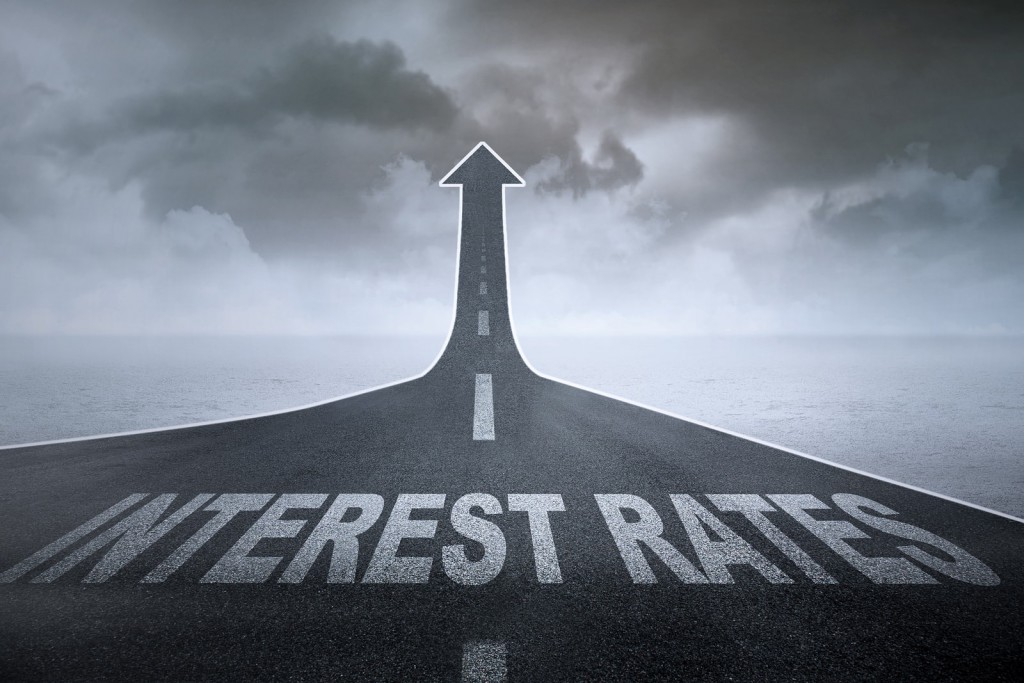
Strong labor figures are fueling speculation that Federal Reserve officials will raise interest rates when they meet in mid-December.
The Federal Reserve is poised to give U.S. consumers an early Christmas gift in the form of an interest rate hike.
It’s a nice present for those looking to earn more on their bank deposits, but probably not so great for anyone seeking to take out a loan for a house, car or other big purchase.
Strong labor figures are fueling speculation that Federal Reserve officials will raise interest rates at its meeting on Dec. 15-16, the first boost in nearly a decade.
An increase in job openings and no change in the number of new claims for unemployment benefits indicate the U.S. economy may be strong enough to handle a modest increase, many economists say. Last month, the national unemployment rate fell to 5%, the lowest in more than seven years.
“We are very close to hitting full employment and that suggests the Fed has the green light to start raising rates,” Moody’s Analytics Senior Economist Ryan Sweet told Reuters.
You Might Also Enjoy: November’s Unemployment Rates Dropped in Almost Every Metropolitan Area
New applications for unemployment held steady at 276,000 for the week ended Nov. 7, the Labor Department reported. That marked the 36th week in a row the number sat below 300,000, the longest stretch in years and a good sign of a healthy job market.
Lower unemployment means greater demand for qualified workers. In September, the number of job openings grew 149,000 to 5.53 million. However, hiring dipped to 5.05 million, suggesting that employers are having a difficult time finding applicants who are qualified to fill the open positions.
The Fed has kept interest rates low to encourage individuals and businesses to take out loans and spend money necessary to keeping the economy humming. But as the money supply grows, so does the price of goods and services, leading to inflation. Raising interest rates would curb inflation and keep the economy on an even keel.
The central bank has kept its short-term interest rate near zero since 2008 and hasn’t raised its rates since 2006.
Fed officials have been discussing upping the rates for months but have held off largely due to global financial problems. A continued robust job market shows the U.S. financial system managed to weather the crises without lasting repercussions.
Some argue that further delaying a rate hike could signal a lack of confidence in the economic and give financial markets the jitters.


